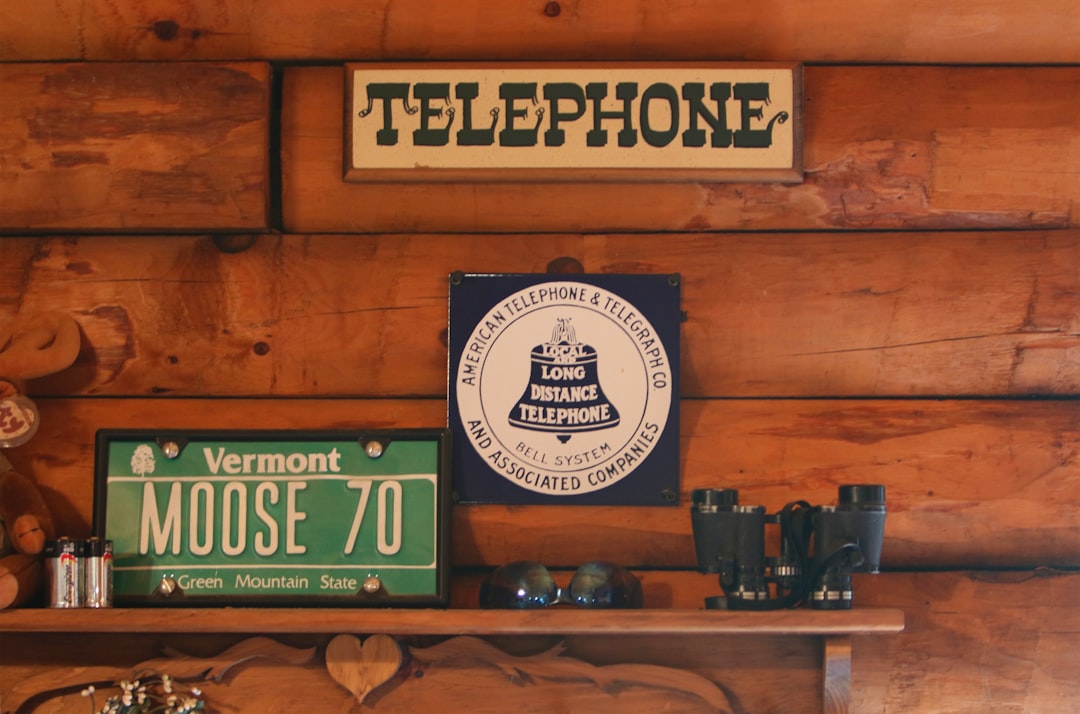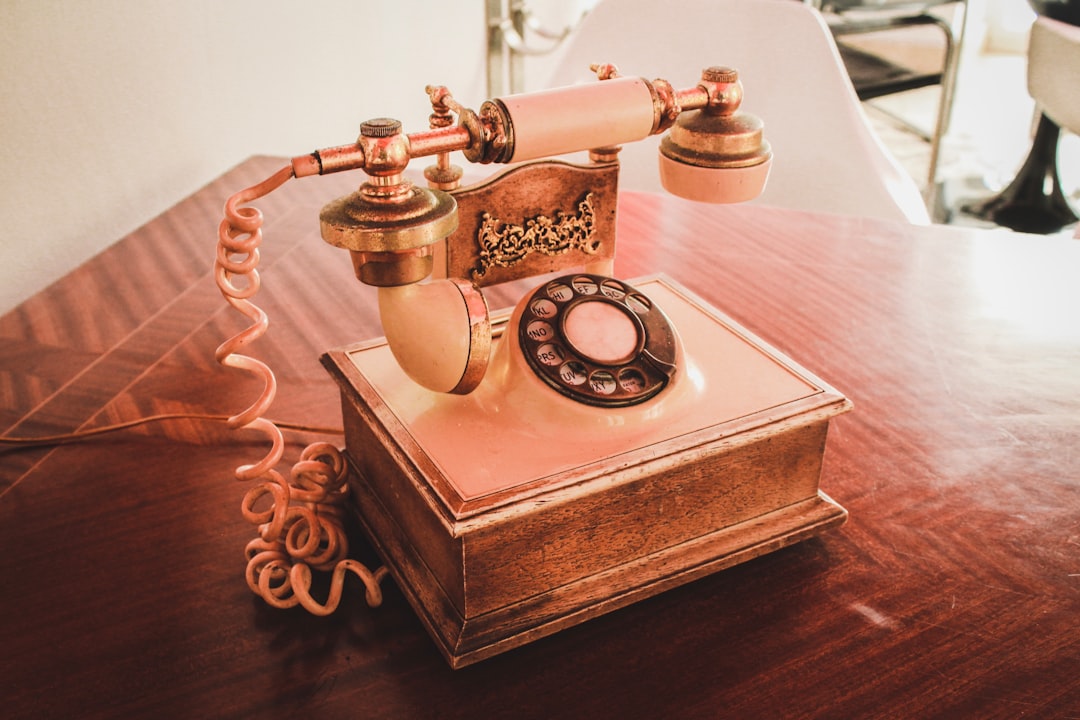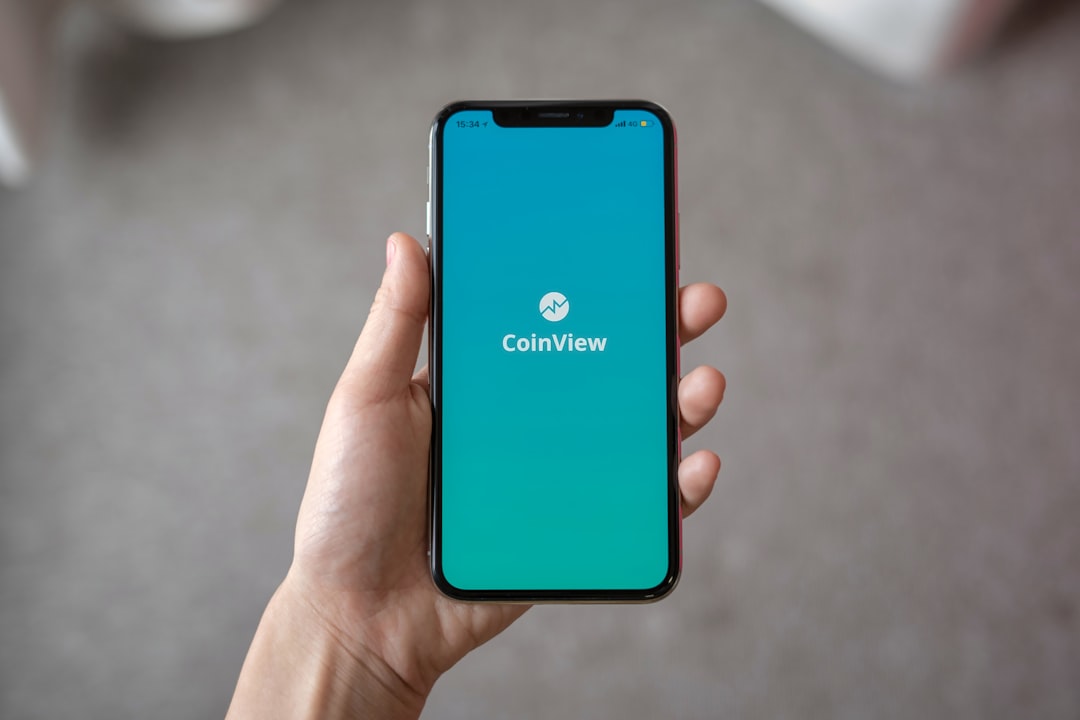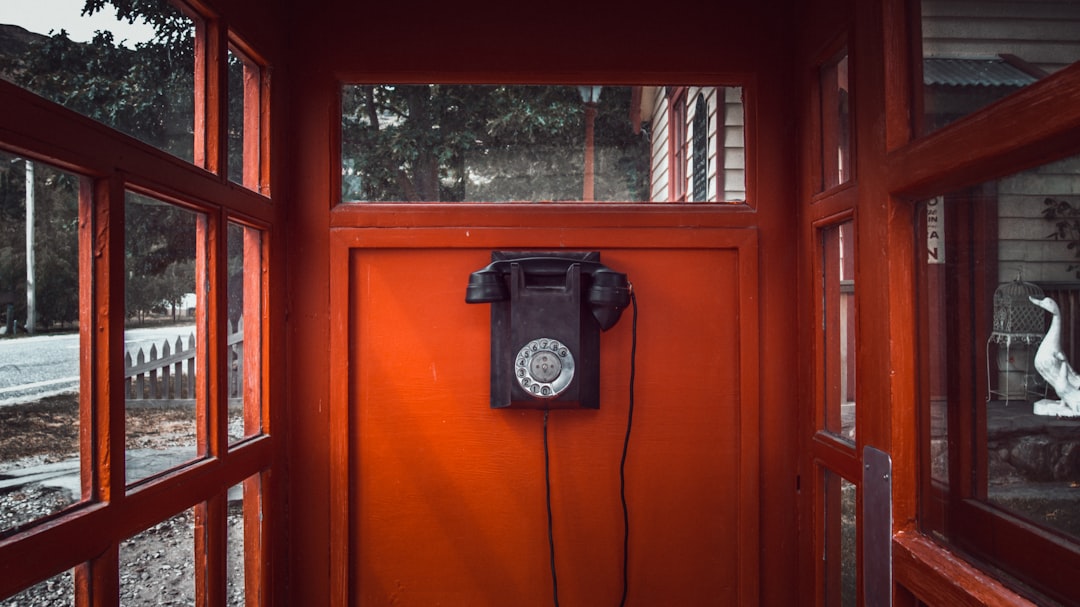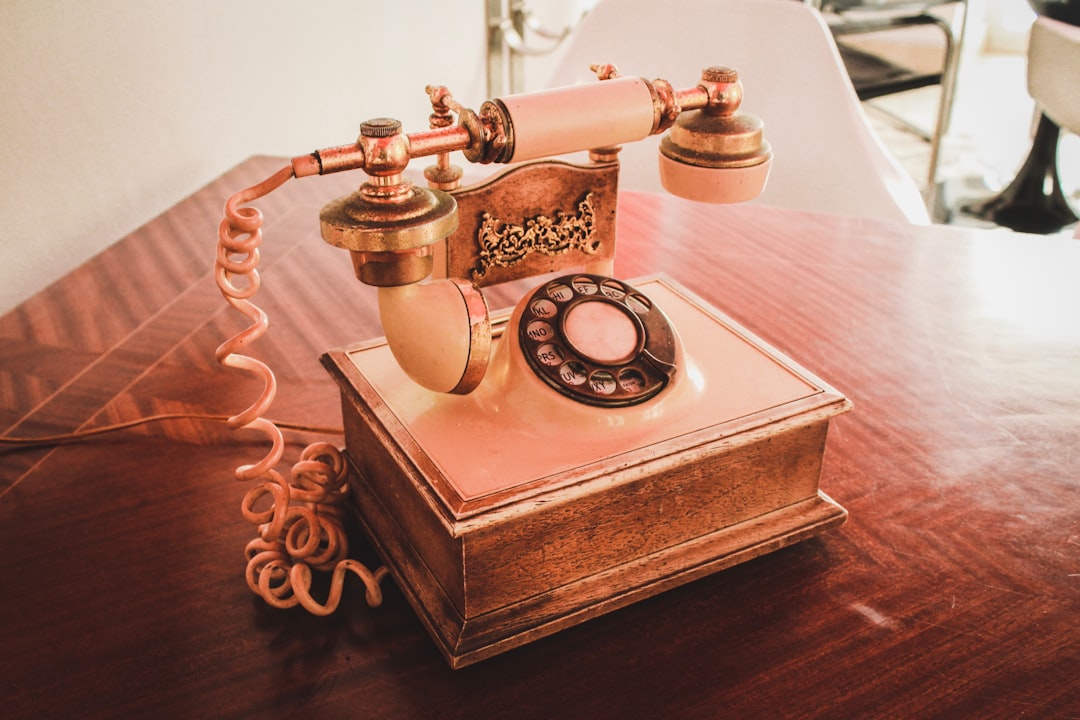The Do Not Call Registry, available nationwide including Utah, blocks unwanted spam calls by registering phone numbers in a national database. While it doesn't stop all automated calls, it reduces them significantly. Consumers should understand the registry's limitations and update their preferences regularly to protect against evolving call patterns. Spam call lawyers Utah can provide guidance on regional regulations, ensuring optimal protection for residents.
“Unraveling the complexities of the Do Not Call Registry, this article addresses prevalent misconceptions with expert insights from across the US. From Utah and beyond, legal experts shed light on how the registry operates and its effectiveness against spam calls, especially across state lines.
Learn about the legal aspects of spam calls, your rights, and practical tips for navigating the registry to achieve better call protection. Discover why understanding these misconceptions is crucial for any individual seeking to reduce unwanted telemarketing calls, with a focus on insights from top-rated spam call lawyers Utah.”
Understanding the Do Not Call Registry: A Comprehensive Guide
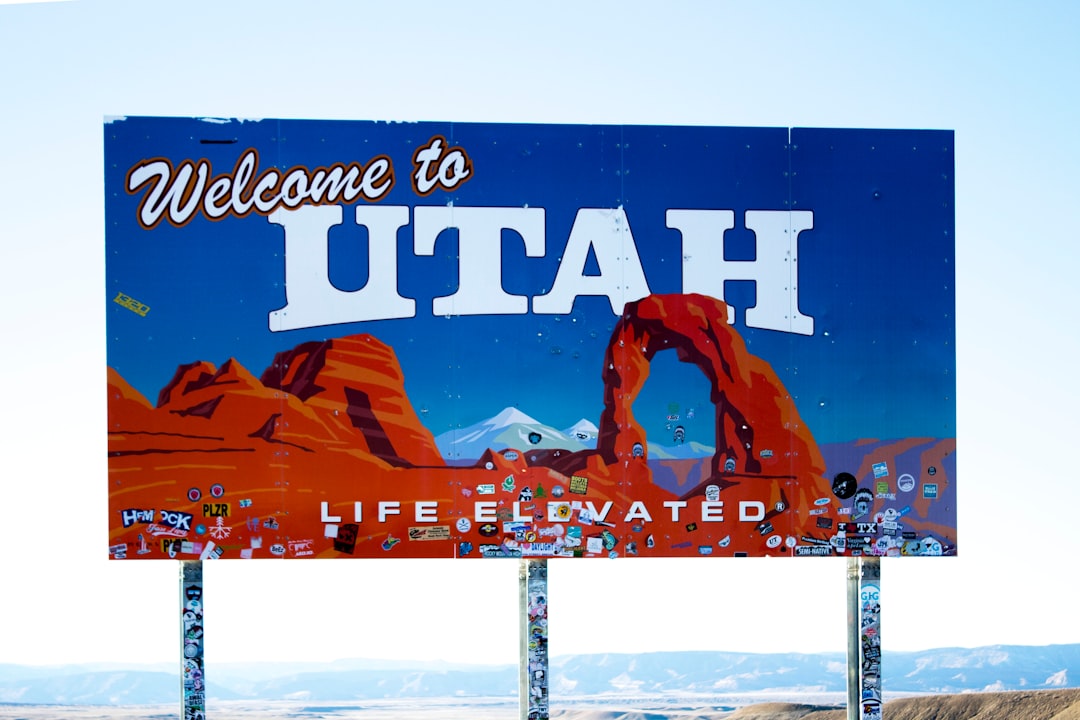
The Do Not Call Registry is a powerful tool designed to protect consumers from unwanted phone calls, often referred to as spam calls. However, many individuals across different regions still hold misconceptions about how it works and who can use it. Spam call lawyers Utah emphasize that this registry is not just for residential areas but extends to businesses as well. If you’re receiving unsolicited sales or marketing calls, you have a right to place a restriction on these callers by registering your number. It’s a comprehensive guide to curbing unwanted communication, ensuring peace of mind and compliance with local regulations.
Experts suggest that understanding the registry involves grasping its national reach, despite state lines. Once registered, your phone number becomes part of a nationwide database, blocking most automated or prerecorded calls. This process is straightforward; you can register online or via mail, making it accessible to Utah residents and those across the country. By taking this step, you’re not just limiting spam calls but also enabling yourself to manage call preferences, enhancing your control over communication channels.
Debunking Common Misconceptions: Expert Insights from Utah and Beyond

Many consumers hold misconceptions about the Do Not Call Registry, often due to misinformation from spam call lawyers Utah or a lack of understanding. Experts across various regions, including Utah, have been working diligently to dispel these myths. One common misconception is that registering for the Do Not Call List automatically stops all unwanted calls. However, the registry is more of a tool for consumers to assert their rights; it does not guarantee complete protection from telemarketers.
Spam call lawyers Utah and other legal experts emphasize that while the Do Not Call Registry reduces the volume of unsolicited calls, it doesn’t eliminate them entirely. Companies can still legally contact registered numbers for specific purposes like debt collection, political campaigns, or if you’ve given explicit consent. Understanding these nuances is crucial to effectively navigating and utilizing the Do Not Call List as a means of protecting one’s privacy.
The Legal Aspects: How Spam Calls are Addressed Across State Lines

In the realm of consumer protection, one of the most common misconceptions revolves around how spam calls are regulated and addressed across state lines. While many believe that state laws offer little to no protection against unsolicited telephone marketing, experts from various regions—including Utah, a hub for telecommunications expertise—dispel this myth. The Telephone Consumer Protection Act (TCPA) is a federal law that sets strict guidelines on telemarketers nationwide, regardless of their location. This legislation grants consumers the right to register their phone numbers in a “Do Not Call” registry, effectively blocking most commercial calls.
Spam call lawyers Utah and their counterparts across the nation play a crucial role in ensuring these laws are upheld. They help investigate complaints related to spam calls, take legal action against violators, and educate consumers on their rights. The TCPA allows for substantial financial penalties against companies that make or facilitate unauthorized automated phone calls, providing an incentive for businesses to comply and respect consumer privacy. This unified legal framework ensures that residents across state lines enjoy the same level of protection from intrusive spam calls.
Protecting Your Rights: Navigating the Registry for Effective Results

Protecting your rights as a consumer is paramount in today’s digital era, where unwanted spam calls can be relentless. The National Do Not Call Registry is a powerful tool designed to give individuals control over their phone lines. However, many people are unaware of its full potential or how to navigate it effectively. This is where experts come in, offering guidance tailored to each region’s unique regulations.
For instance, spam call lawyers in Utah can provide insights into the specific requirements and rights available to residents there. By understanding your legal standing, you can ensure that your registration is accurate and maximally protective. Experts recommend regularly reviewing and updating your preferences to stay ahead of evolving call patterns. This proactive approach empowers individuals to silence unwanted calls and enjoy a more peaceful and private communication environment.
